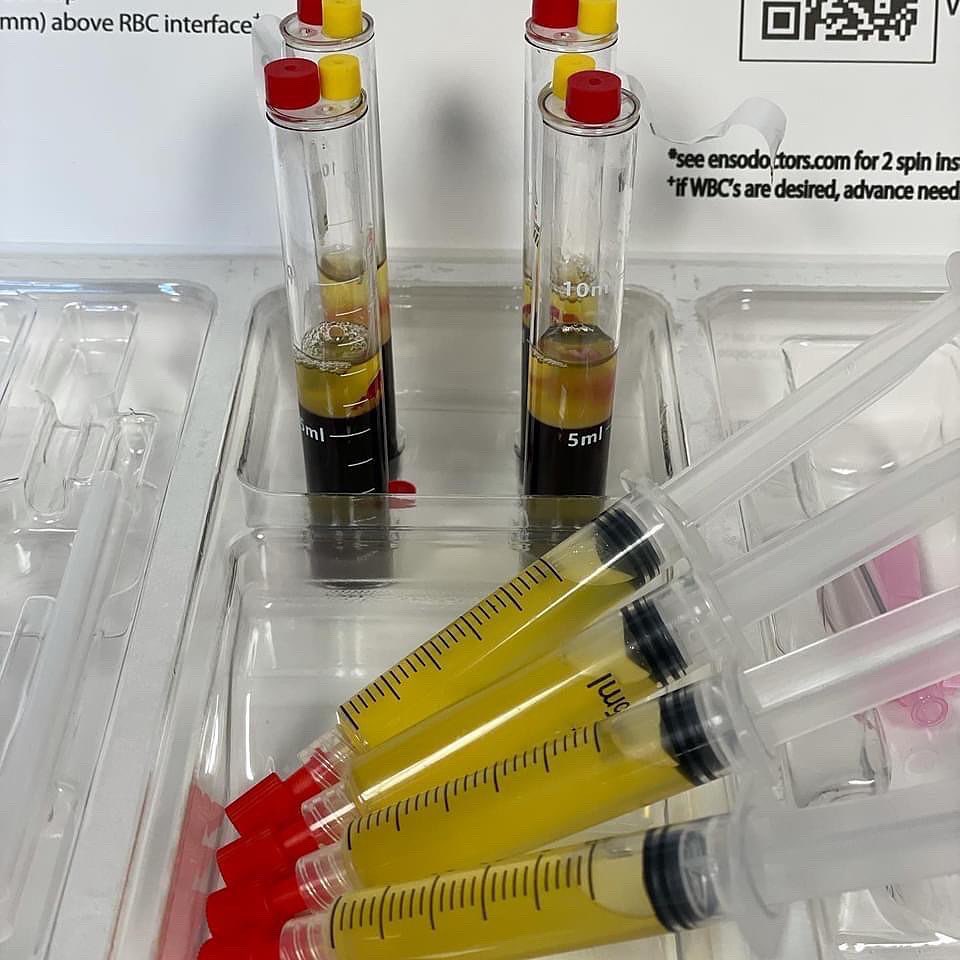This blog post explores the use of Platelet-Rich Plasma (PRP) as a potential treatment to reduce complications following open-heart surgery. Here’s a breakdown of the key takeaways from the referenced study:
Problem: Deep sternal wound infections (DSWIs) are a serious complication after median sternotomy (cutting through the breastbone) for heart surgery. These infections can significantly increase hospital stays, costs, and even mortality rates.
Current Solutions: While techniques exist for treating DSWIs once they occur, there’s a lack of effective preventative measures.
PRP as a Potential Solution: PRP is a concentrated blood product containing platelets and growth factors that promote healing. The study investigated if applying PRP during surgery could reduce DSWI risk.
The Study: Researchers analyzed data from 2,000 consecutive patients who underwent open-heart surgery. Half received standard care, while the other half received PRP treatment alongside standard care during closure of the sternum.
Results:
- The PRP group experienced significantly lower rates of DSWI (0.6%) compared to the control group (2.0%).
- The PRP group also had fewer superficial wound infections and hospital readmissions.
- The study suggests PRP may accelerate wound healing, as all infections in the PRP group occurred within the first two months post-surgery.
- Cost analysis revealed that while PRP treatment itself incurs a cost, it significantly reduces the overall cost associated with managing wound complications.
Limitations:
- The study wasn’t randomized or blinded, meaning there’s a possibility of bias.
- Patients weren’t matched for potential confounding factors like age or health conditions.
Conclusion:
The study provides promising evidence that PRP may be a safe and effective approach to reduce wound complications and associated costs following open-heart surgery. Further research with a randomized, controlled design is needed to confirm these findings.

